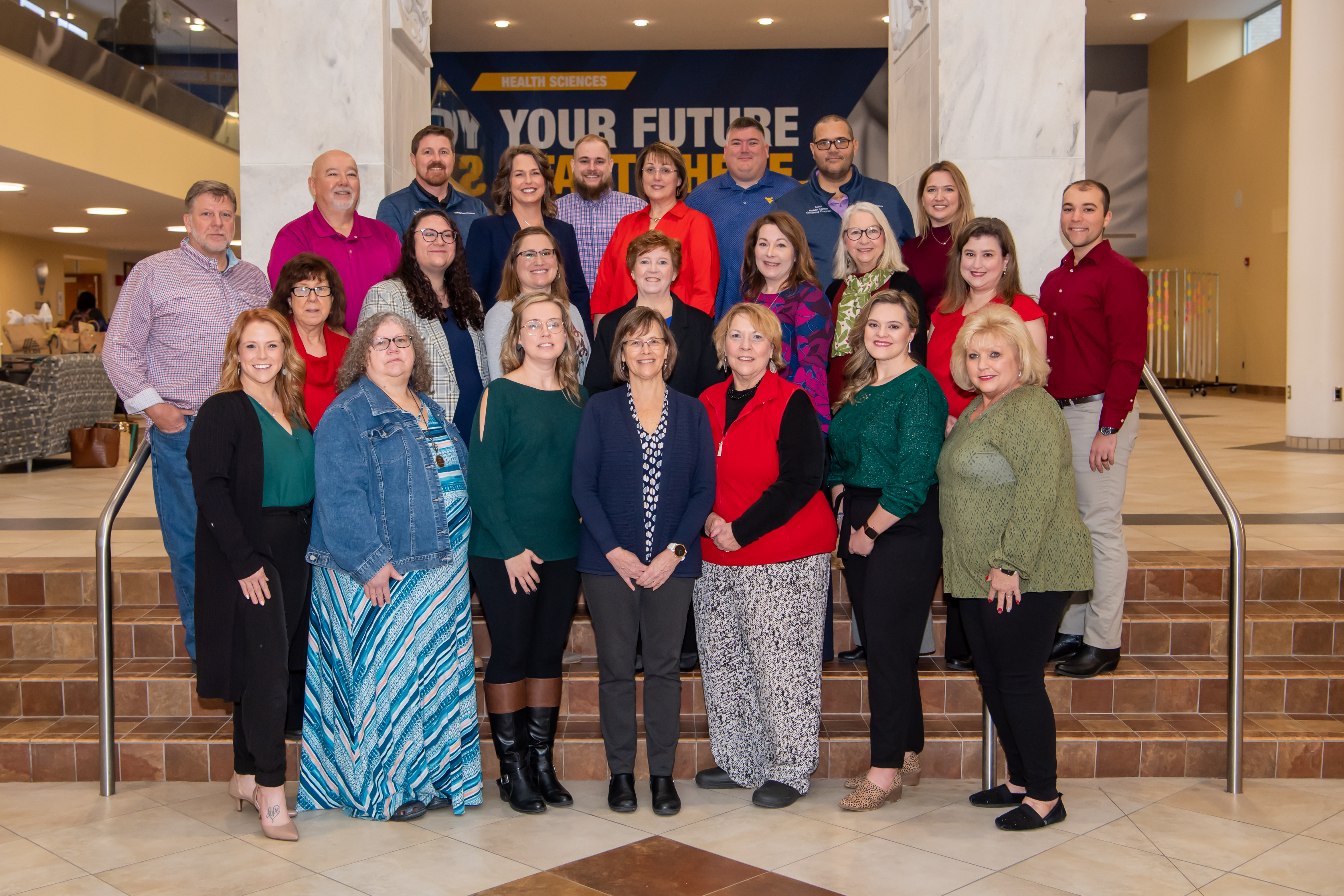Preventing and Controlling Cancer in the Mountain State and Beyond
Early detection of cancer can save lives. The most common cancers in West Virginia – lung, breast, prostate, and colorectal – can all be caught and treated early through routine screening tests. Yet West Virginians continue to die from these cancers at rates that are often higher than the national average. The WVU Cancer Institute Cancer Prevention and Control team works to change those statistics.
A key part of the team’s mission is to reduce the cancer burden in WV and remove barriers to cancer care. By partnering with individuals, primary care providers, communities, population science researchers, and public health policymakers, we increase cancer screening rates and improve outcomes across the state.

Addressing the Cancer Burden Unique to Appalachia
In West Virginia, 65 percent of the population lives in communities with less than 2,500 people. Life in rural Appalachia is rich with scenic views, determined people, and supportive communities, yet accessible healthcare presents challenges.
“Some say the greatest predictor of health is not blood pressure or genetic code, it is zip code,” Stephenie Kennedy-Rea, EdD, associate director, Cancer Prevention and Control, says. “We know that accessing care goes beyond geography and promotes health-seeking behaviors accessible to all.
Bringing Resources to Communities We Serve
Cancer Prevention and Control is proud to be the home of the WVU Cancer Institute Mobile Cancer Screening Program, providing mammography and lung cancer screening.
Mobile cancer services help West Virginians in our most rural areas have access to potentially life-saving cancer screening. This work involves hundreds of community partners throughout the state. Strong partnerships are crucial to ensuring state residents receive care, close to home.
Working with Local Providers to Promote, Increase Screenings
In addition to working with individuals and communities, Cancer Prevention and Control also prioritizes outreach to primary care providers and public health professionals in rural communities.
Because primary care drives cancer screenings, we keep them up to date on the latest screening guidelines for different types of cancer and teach best practices for cancer screenings, with the goal of helping each primary care center improve their screening rates.
Researching Appalachian Populations
Research findings fuel our work at Cancer Prevention and Control, helping us to take scientific evidence and translate those findings to positive outcomes for Appalachian communities. We are founded and grounded in the perspective that if the problem is in the community, the answer is in the community.
Cancer Prevention and Control research encompasses a variety of projects aimed at better understanding our population, improving cancer outcomes, developing effective health communication messages, and implementing and adapting innovative practices for our rural, medically underserved population. We work to link our innovative findings with practical, understandable, community and provider education. Part of the larger WVU Cancer Institute research initiatives, we are all working to advance cancer care while minimizing the burden of cancer. Our relationships with communities throughout the state inform our research, and our research improves lives in the community.
Providing Resources and Support
In a state like West Virginia, where many people are unable to get cancer screenings and access to prevention without significant travel, we bring resources closer to home. Whether we accomplish this through a mobile screening unit, individual education, community outreach, health communications research, population studies, or helping rural health clinics implement improved screening protocols, the goal is the same: to prevent and control cancer throughout Appalachia.
